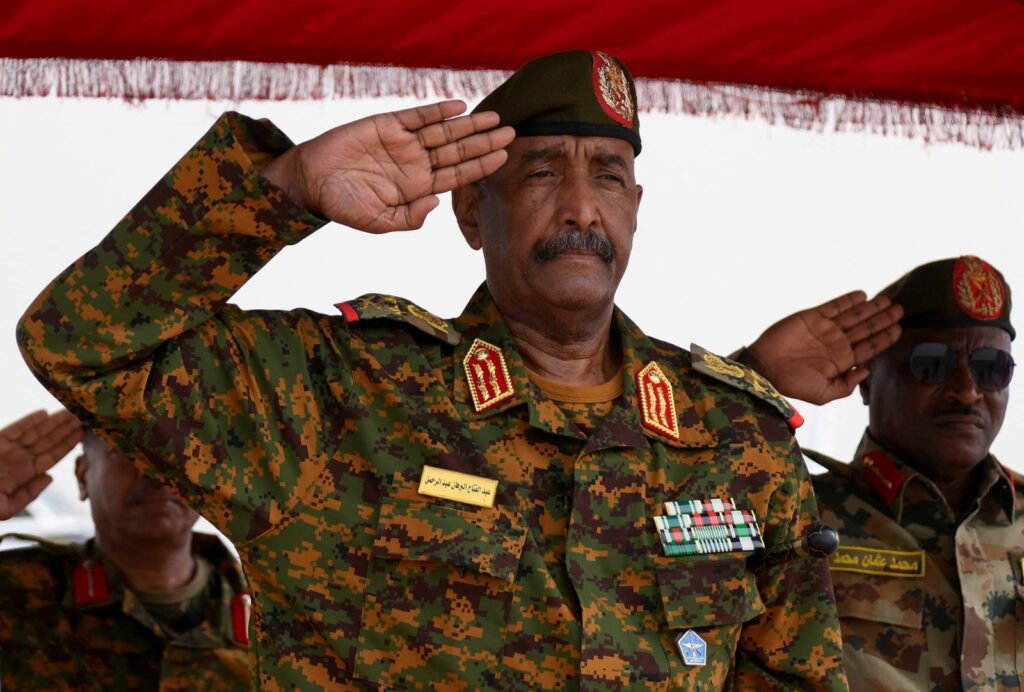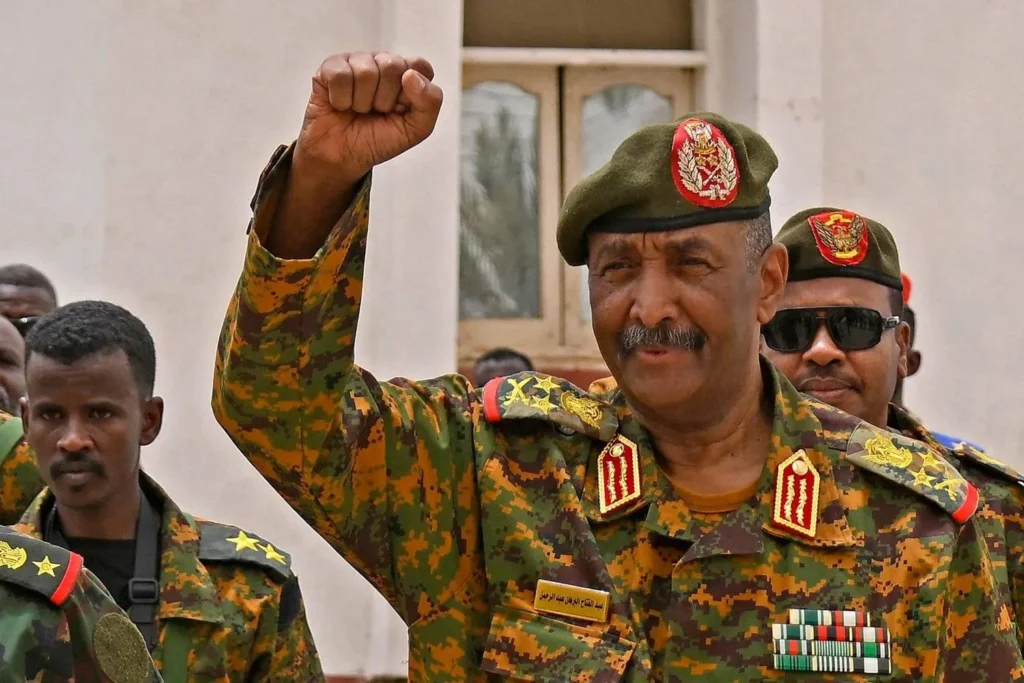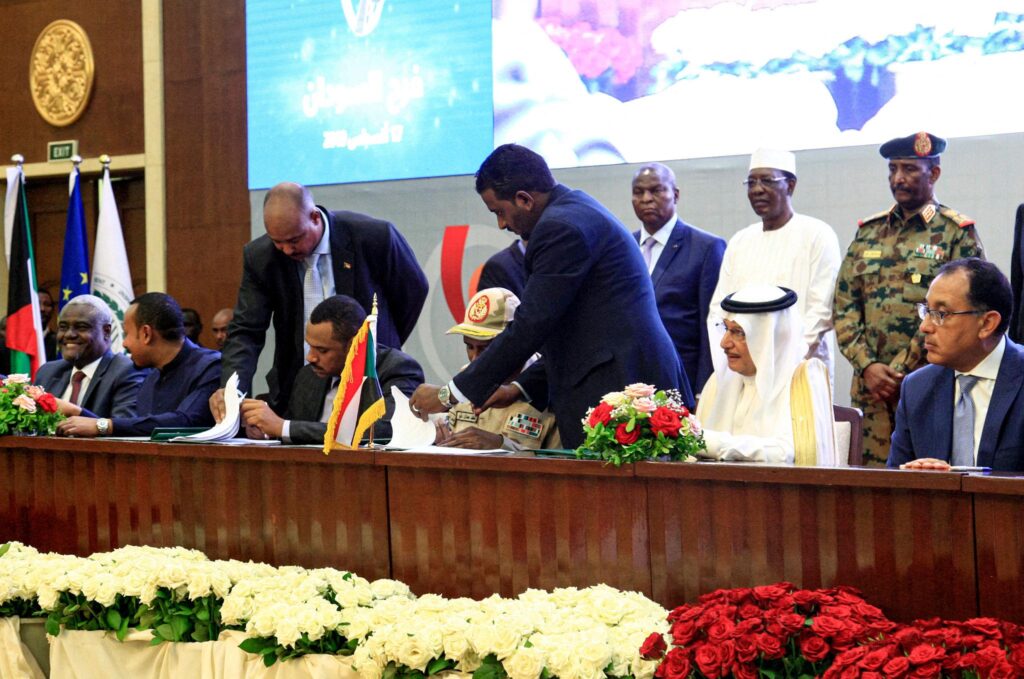
Political analyst Hes Al-Rasoul Al-Awad Ibrahim says Sudan’s ongoing war, stoked by the Muslim Brotherhood (Kizan), has plunged the population into a “raging hell” while those benefiting from the conflict enjoy safety and wealth abroad.
In an article published by Sudanese newspaper Al-Tayyar, Ibrahim cites documents released by Freedom and Change member Taha Osman Ishaq. These documents, he argues, refute the Kizan’s claim that the framework agreement triggered the fighting, and highlight Burhan’s role in maneuvering to avoid implementing the deal that could have averted the crisis.
Ibrahim also points to newly revealed conditions submitted by Burhan to the Quartet delegation, which he says clearly expose the Islamists’ real agenda for prolonging the war. The demands included: setting the transitional period at six years, halting investigations and prosecutions of former regime figures, and closing the International Criminal Court files.
The analyst contends that these conditions are the main motives behind igniting the war. The Muslim Brotherhood, recognizing that military victory is impossible, no longer opposes ending hostilities—but only under terms that allow them to escape accountability or extend their influence for another six years under the guise of “war legitimacy.”
Ibrahim concludes by noting the failure of mobilization campaigns following the fall of Al-Fashir, which faced widespread public rejection. This popular refusal to support the war adds to the losses already suffered by the Sudan Shield Forces in North Kordofan.




